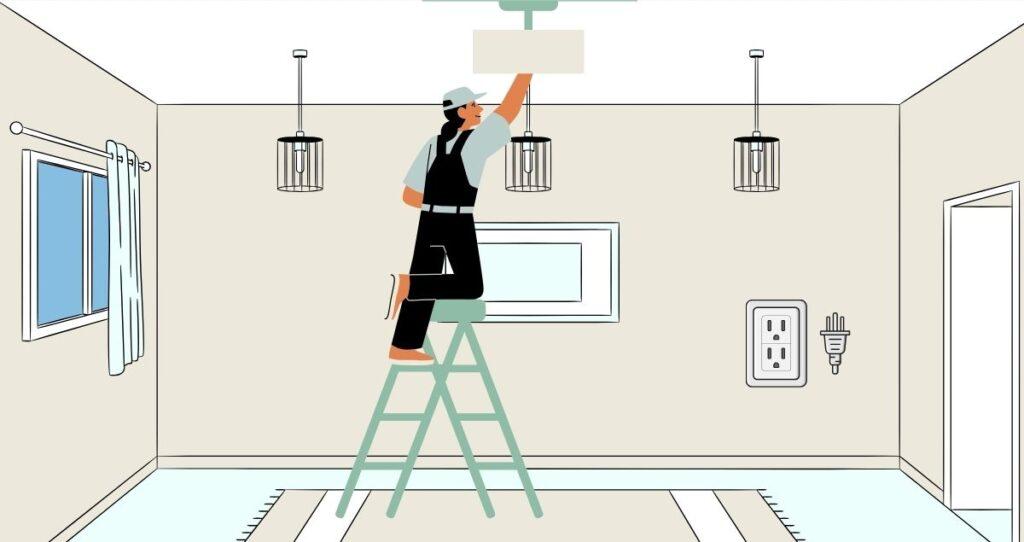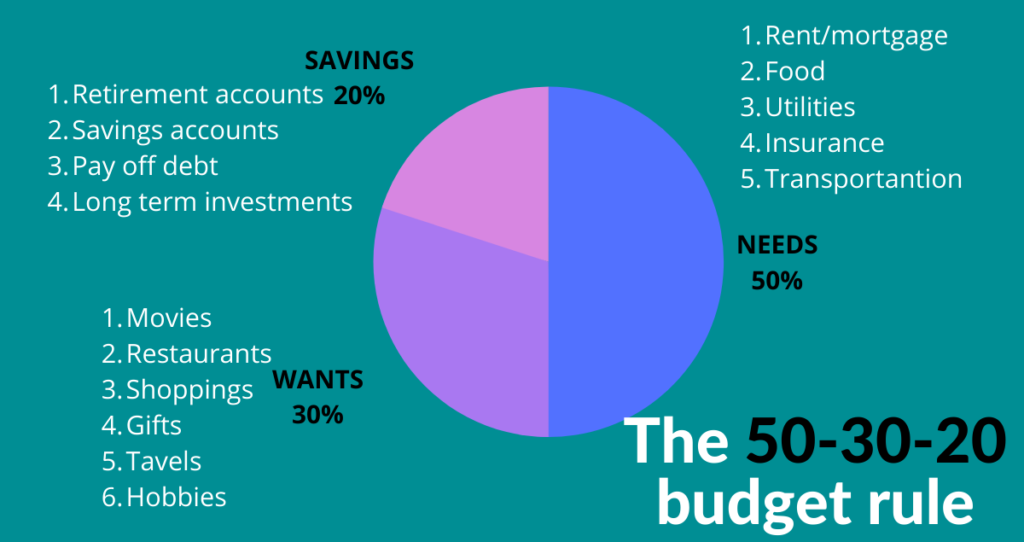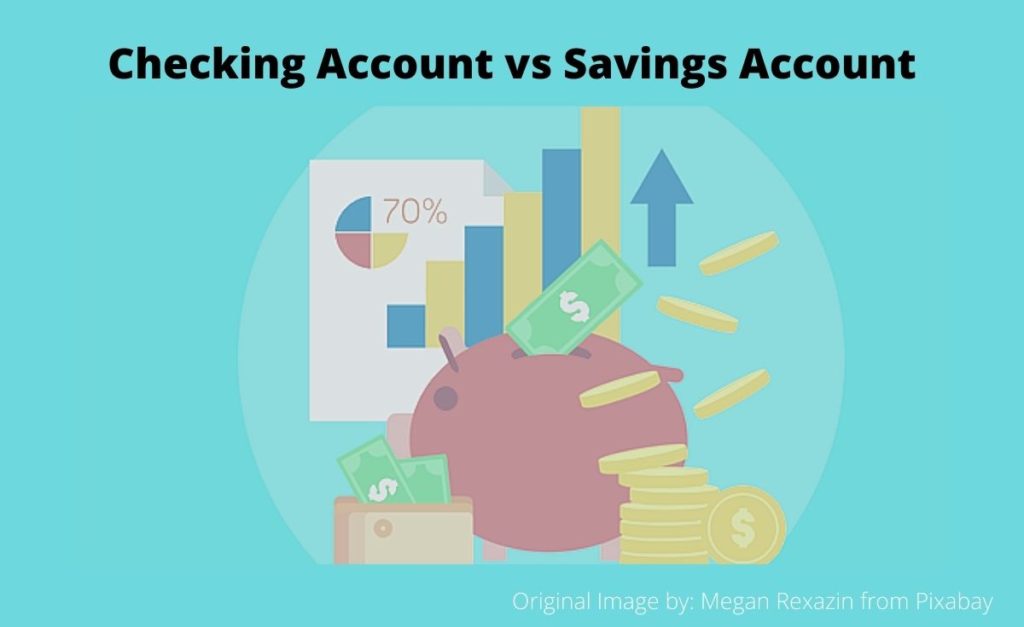The only thing that’s certain about electricity bills is that they come every month, and they seem to get more expensive each time. According to Choose Energy, the data from the U.S. Energy Information Administration (EIA) shows that the average price for U.S. residential is 15.91 cents per KW, while the national average increased by 3.2% from the previous year. You don’t have to settle for high electricity bills any longer. With just a few simple changes, you can reduce your monthly electricity consumption and create a more sustainable and cost-efficient home. While you can start taking cold showers and turning off lights to spend less on electricity, there are more and easier ways to save money on electricity.
In this article, we’ll explore practical tips for cutting back on electricity expenses to save hundreds of dollars on electricity bills without changing your lifestyle.
If you want to save money on your electric bills, here is a list of 16 energy-saving tips that work.
1. Understand your energy consumption pattern
The first step to reducing your electricity expense is understanding your consumption pattern. This involves tracking your monthly electric usage and identifying which appliances or habits are driving up the costs. This information helps you know where to cut back and establish your energy reduction plan.
2. Reduce your energy wastage
The most effective way to save money on electric bills is to reduce your energy wastage. To do this, you need to be aware of the appliances you are using and optimize their energy consumption at all times. Additionally, turn off lights and appliances when not in use and unplug electronics on standby as they still consume power.
3. Upgrade to energy-efficient appliances
If your house is full of old-school and vintage appliances, it is time to upgrade to 21st-century appliances. Old equipment is based on old technologies which lack energy-saving capabilities. Every time you use such equipment, they consume excessive power for the same job. To spend less on electricity, you need to invest in energy-efficient appliances. These might cost more upfront but will save you money in the long run as they consume less electricity.
4. Maximize natural lighting and ventilation
While you can turn off lights and upgrade to energy-saving appliances, nothing is cheaper than natural lighting and ventilation. Just open your windows and doors when necessary for natural lighting and ventilation during the day and to cool rooms instead of relying on lights or air conditioning.
5. Keep up with regular maintenance
Another tip to save money on electric bills is to take care of your appliances by having routine maintenance. Regular maintenance of appliances ensures they’re running efficiently and not wasting energy. For example, you should replace or clean your AC filter on a regular basis to ensure its optimal performance and efficiency which saves energy and costs you less money on electricity.
6. Switch to renewable energy alternatives
Paying less on electricity sometimes requires looking beyond turning off lights and upgrading appliances. If you want to take it to the next level, consider switching to renewable energy alternatives. Solar panels or wind turbines can seem like large upfront investments, but they provide free electricity once installed. You can also have a micro-hydropower if you live near a stream. Renewable energy can also be a great way to become self-sufficient especially if you are planning to go off-grid.
7. Use appliances during non-peak hours
Another clever way to save money on electric bills that is less conventional is to use appliances during non-peak hours. Some energy providers charge more money during peak hours as a way to discourage people from using power at the same time. Overusing power can lead to electric grid exhaustion which can cause some equipment to fail. That is why many utility companies offer a reduced rate for people who use electricity during non-peak hours. To spend less on electricity, shift usage of high energy-consuming appliances to off-peak hours when possible.
8. Use the right settings on your appliances a.k.a energy saving modes
Modern electronics and appliances have different settings which allow you to spend less on electricity. For example, your AC, computer, TV, refrigerator, and stove, all have options for energy-saving mode. To save money on electricity, use energy-saving features on your appliances like the economy mode on the dishwasher or washing machine. These money-saving tips will allow get what you want while saving money at the same time.
9. Optimize your home insulation
One of the biggest reasons many homeowners spend too much money on electricity is due to poor insulation. Poorly insulated homes cost more money to cool them down during the summer and heat them up during the winter. That is these homes cannot retain heat in the winter and they easily trap heat during the summer. That is why proper insulation is an important factor when you are trying to spend less on electricity. A well-insulated home can significantly reduce heating and cooling costs.
10. Educate your family members
Spending less money on electric bills is a teamwork effort. Unless everyone in the family is on the same page, it won’t be easy to reduce the cost of electricity in your home. Start by educating everyone in the household about energy conservation and encourage them to adopt habits that help save electricity. You can even make it a challenge especially for the kids to turn off lights and follow energy-saving guidelines you have established at home.
11. Install window shades
Homes without natural shade from trees usually heat up the most in the summer and get colder during the winter. To mitigate these issues, establish natural shades by planting trees or installing window shades. By blocking sunlight, window shades can reduce the need for AC by maintaining a cooler indoor temperature naturally. This in turn will help you spend less on electricity.
12. Utilize the ceiling fans
If it is not too hot inside the building, you might need to use ceiling fans instead of running AC to spend less on electricity. Ceiling fans circulate air and create a wind chill effect, making you feel cooler without having to turn on the AC.
13. Avoid heat-producing activities during the day
If you are serious about spending less on electricity, then you are going to love this tip. When it is too hot outside, heat also tends to accumulate inside the house. So, if you cook inside the house during the summer, the AC must be used to suck that hot air outside which will require running AC continuously. You can easily mitigate this issue by avoiding activities that generate a lot of heat like cooking inside the house or using the dryer during the hottest parts of the day.
14. Upgrade your AC unit
Air Conditioning and heating cost the most energy in your home. According to Energy Direct, air conditioning and heating take up 46% of electricity consumption in your home which is followed by water and appliances at 14% and 13% respectively. You can easily see that having efficient cooling and heating systems is one of the best ways to pay less for electricity. If your AC is old, it might be less efficient than newer models. For this reason, consider upgrading to a more energy-efficient system that can provide the same level of comfort with less energy consumption.
15. Opt for programmable thermostats
A programmable thermostat allows you to set specific temperatures at different times of the day. This way, you can keep the AC low while you’re at work or sleeping, and only raise it when necessary, thereby reducing energy consumption. Smart thermostats also adapt to your routine and adjust their settings when needed. For example, the thermostat can dim the lights and turn off some appliances when you are not around which will minimize their energy consumption and help you spend less on electricity.
16. Use LED light bulbs
When it comes to paying less money for electricity, the light bulbs you use can make all the difference. While incandescent lights have been around for a while, they are not the most energy-efficient on the market. That title goes to LEDs which have proven to be superb for their longevity and efficiency. If you currently use incandescent light bulbs, upgrading to LEDs can be a great way to spend less on electricity.
Do power savers work?
Yes, power savers can indeed work depending on their type and usage. Devices such as plug-in power savers or whole-home power savers work under the principle of improving power factor or limiting idle current, which essentially reduces the amount of wasted energy.
For instance, appliances like refrigerators, air conditioners, and washing machines tend to draw more power than they need. Power savers can optimize the power that these appliances pull, which can result in energy savings.
However, you should note that the effectiveness of power savers can greatly vary. Factors such as the type and number of appliances in your home, the kind of power saver you’re using, and the overall energy efficiency of your home can influence how much energy you save.
While power savers work, they are not a solution for high energy bills. To truly maximize energy efficiency and save money on electricity, you must also employ other measures such as using energy-efficient appliances, improving insulation, and changing your energy consumption habits.
Does leaving the TV on cost electricity?
Yes, leaving the TV on costs electricity. Even when not in use, a television that is on still consumes power. The exact amount of electricity usage will vary based on the type, size, make, and model of the TV. Generally, the longer a TV is left on, the more electricity it uses, thereby increasing your energy costs.
What should I turn off to save electricity?
To save money on electricity, turn off lights when leaving a room, unplug electronic devices when they are not in use, and turn off the air conditioning or heater when you are not at home. Additionally, turn off your computer instead of leaving it in sleep mode, and turn off your television if nobody is watching it. Finally, consider using energy-saving modes on your devices and appliances, if you have some.
More saving tips
9 easy ways to save money on gas
8 things to do when you’re running out of money








